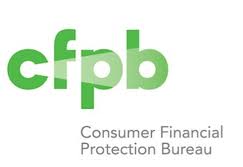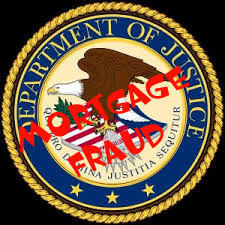In the market today, many homes are in need of a little tender loving care. Buying one of these properties can be a great deal, while the next one could be a money pit. The following are some tips to make sure the fixer-upper you are looking at is a great opportunity.
Know your limits
I’ve bought and sold homes needing repair, and I’ve learned a lot over time. A big item to consider is knowing your limits. Not everyone is Bob Villa. Know what sort of repairs jobs you can safely handle, and which ones will require a professional.
Inspect, inspect, inspect
Having a home looked at by an experienced second set of eyes is paramount before buying. Many people skip this step, thinking they can save a few hundred dollars. I counter that it is some of the best money spent. Would you rather spend $300 to find out it is a money pit, or buy the house and find out later?
Bones vs Cosmetics
Walking into a home that is in desperate need to paint and carpet is one thing. Attempting to handle a home with serious foundation or structural problems is something different. Bad leaky roofs are expensive. So is completely replacing a kitchen, and replacing all the old windows. Leave these type of homes for experienced home flippers.
Dated vs Dud
Homes with good basic bones that just looked dated are excellent homes for a fixer-uppers. Look for something that is habitable today. Something where you’d like to renovate, yet you wouldn’t “need” to do anything to move right in. Then over time, you can update one room at a time until finished. Smaller projects that are lighter on the budget spread over time is key.
Don’t over improve
A common big mistake is over improving a home for the area it is in.  Putting in a $50,000 new kitchen with granite counter tops and stainless steel appliances in an older neighborhood of standard appliances and standard counter tops may look great, but you’ll never recover what you paid. Just the opposite is also true. Putting in a standard counter and appliances in a newer neighborhood where everyone else has stainless steel is also a problem
Putting in a $50,000 new kitchen with granite counter tops and stainless steel appliances in an older neighborhood of standard appliances and standard counter tops may look great, but you’ll never recover what you paid. Just the opposite is also true. Putting in a standard counter and appliances in a newer neighborhood where everyone else has stainless steel is also a problem
Be realistic with a repair budget
Working in conjunction with not over improving the property, make sure you set a realistic affordable budget – and expect to go over it. If your budget is $25,000 – don’t factor anything higher than $20,000. Believe me, surprises will crop up, and by the time you are done, you will have spent the full $25,000. Also get a few bids for each job. The total final cost will usually be somewhere between the low big and the high bid.
FHA 203k Repair Loans
Finally, consider using the popular FHA 203k repair loan. This mortgage loans allows you to buy it and fix it all with one standard loan. There are two types of FHA 203k loans, known as full or streamlined. I suggest buyers work within the streamlined version, which allows for repairs up to $35,000.
Click here for more information on FHA 203k loans in MN and WI.







